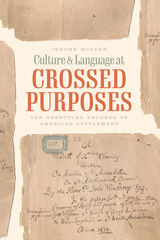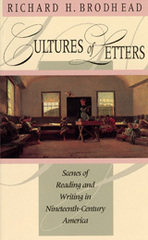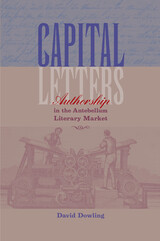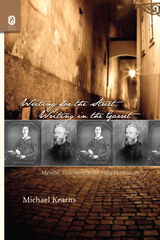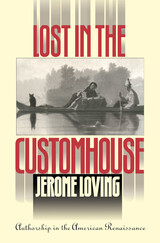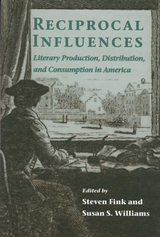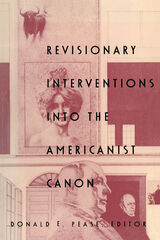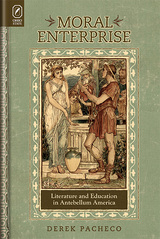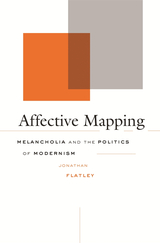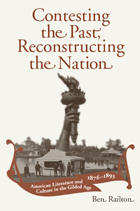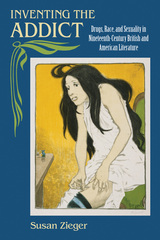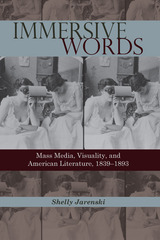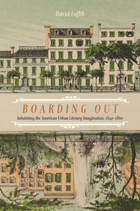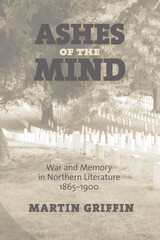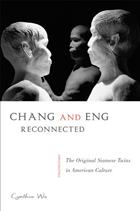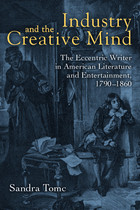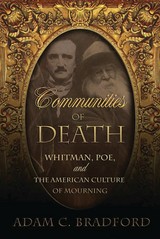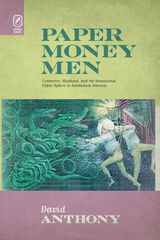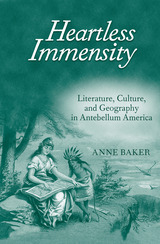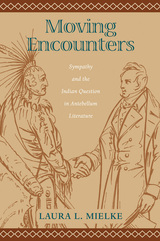Boarding Out: Inhabiting the American Urban Literary Imagination, 1840-1860
Northwestern University Press, 2012
Paper: 978-0-8101-2838-5 | eISBN: 978-0-8101-6621-9 | Cloth: 978-0-8101-2841-5
Library of Congress Classification PS217.C57F34 2012
Dewey Decimal Classification 810.93564
Paper: 978-0-8101-2838-5 | eISBN: 978-0-8101-6621-9 | Cloth: 978-0-8101-2841-5
Library of Congress Classification PS217.C57F34 2012
Dewey Decimal Classification 810.93564
ABOUT THIS BOOK | AUTHOR BIOGRAPHY | TOC | REQUEST ACCESSIBLE FILE
ABOUT THIS BOOK
Driven by intensive industrialization and urbanization, the nineteenth century saw radical transformations in every facet of life in the United States. Immigrants and rural Americans poured into the nation’s cities, often ahead of or without their families. As city dwellers adapted to the new metropolis, boarding out became, for a few short decades, the most popular form of urban domesticity in the United States.While boarding’s historical importance is indisputable, its role in the period’s literary production has been overlooked. In Boarding Out, David Faflik argues that the urban American boardinghouse exerted a decisive shaping power on the period’s writers and writings. Addressing the works of canonical authors such as Henry David Thoreau, Nathaniel Hawthorne, and Oliver Wendell Holmes, as well as neglected popular writers of the era such as Fanny Fern and George Lippard, Faflik demonstrates that boarding was at once psychically, artistically, and materially central in the making of our shared American culture.
See other books on: American literature | Boardinghouses | City and town life in literature | Faflik, David | Inhabiting
See other titles from Northwestern University Press

